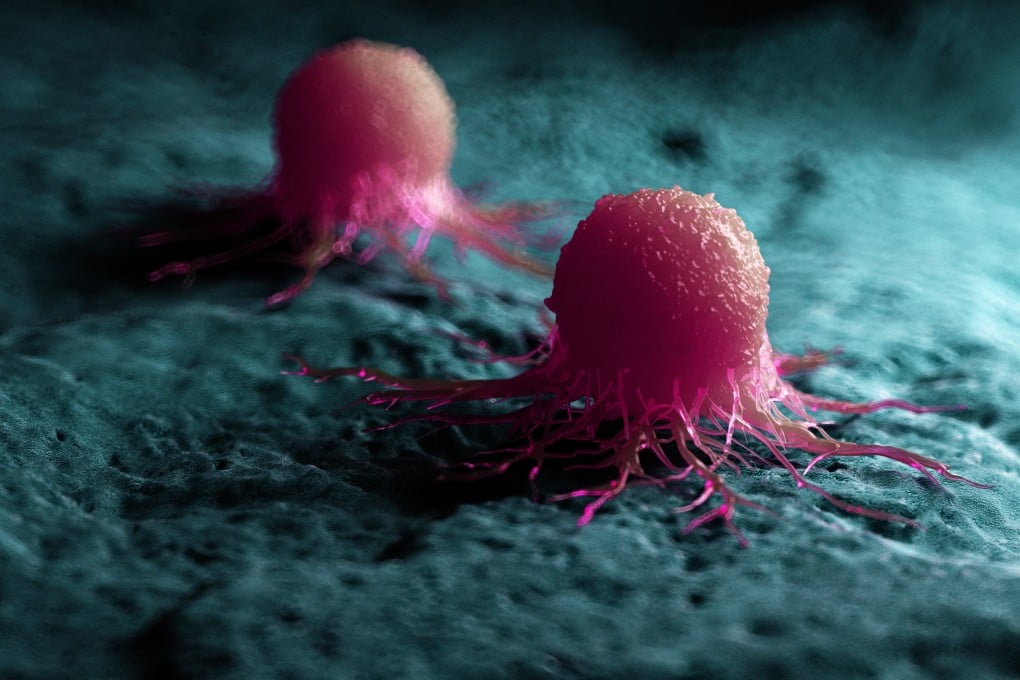From my observation, depending on the type of cancer and also preferably with a surgery to remove the tumor, if you manage to pull through the first 3 years, you should be able to survive until the 5th year. If you still pull through the 5th year, then the 8th year is a good chance. After that, it'll all depend on your fate.thats why when you hear the person relapse, half the time means game over.....
The greatest fear is that the surgery did not totally eliminate the cancer cells but some would have contaminated the nearby lymph cells during the surgery. Thereafter, those few surviving cancer cells will travel with the blood stream and subsequently metastasize at other location in the later stage.
Last edited:


